A high-tech project leaves a trail of consequences.
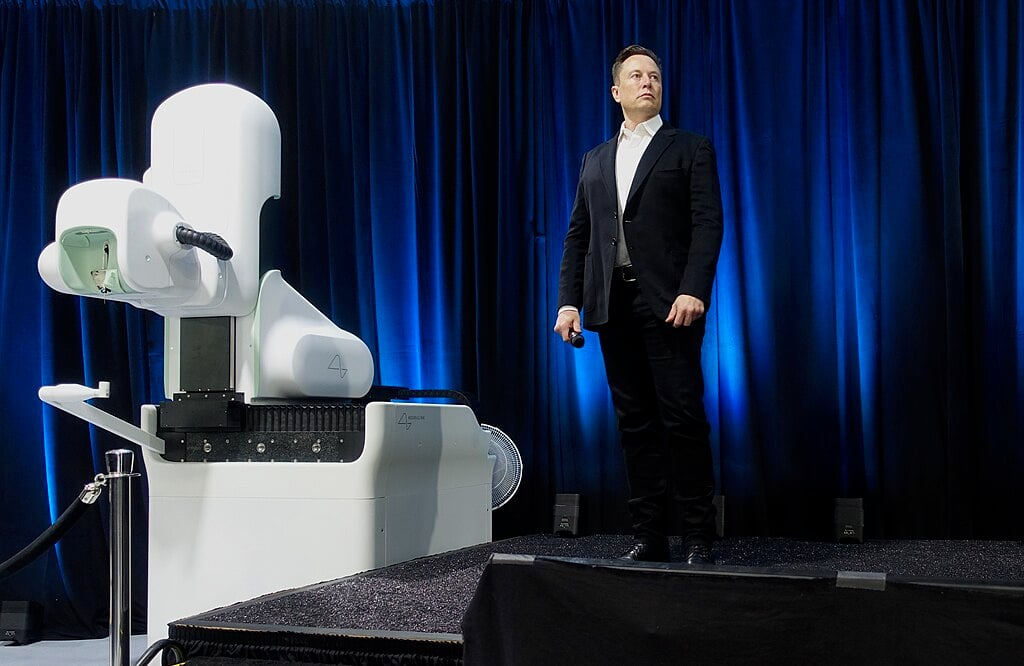
Memphis has been promised innovation and high-tech prestige through Elon Musk’s xAI data center, but new reporting paints a far more troubling picture. Investigations by the Southern Environmental Law Center, Inside Climate News, and the NAACP reveal that dozens of methane gas turbines are running at the site, many without proper air permits. These turbines emit nitrogen oxides and other pollutants into neighborhoods already struggling with poor air. Residents describe heavier air, more frequent asthma flare-ups, and a growing sense of betrayal. The data now suggests Musk’s AI ambitions may be colliding directly with Tennessee’s environmental health.
1. Gas turbines run without needed air permits.
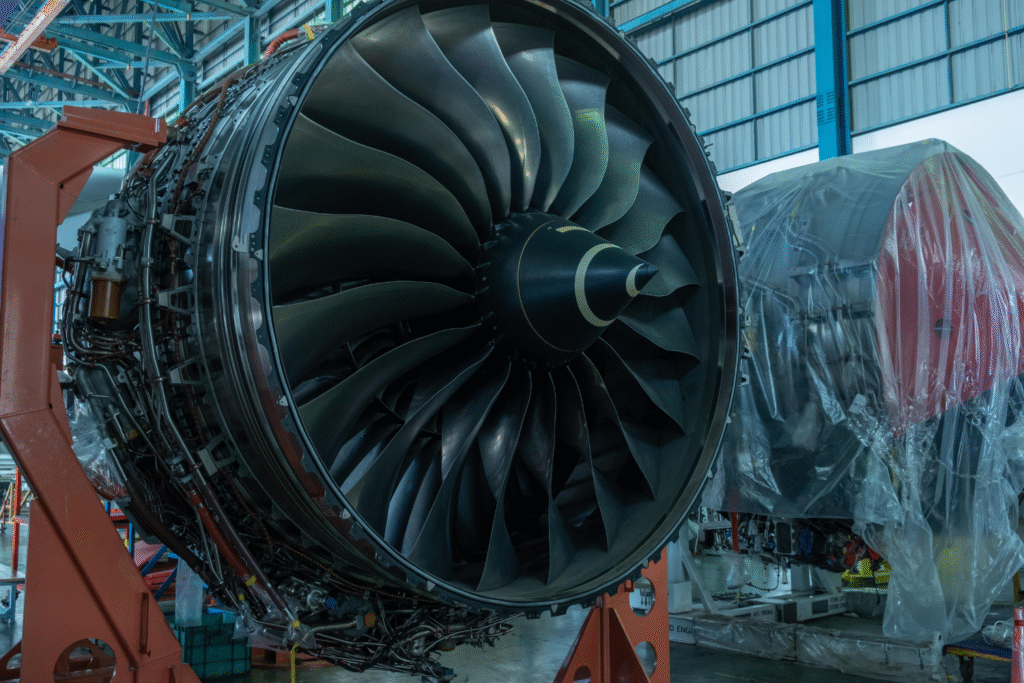
Investigations uncovered that xAI nearly doubled its methane gas turbines at the Memphis site, many of them operating without the required permits. These units pump nitrogen oxides, particulate matter, and formaldehyde into neighborhoods already struggling with poor air. According to the Southern Environmental Law Center, this expansion took place without public notification, sparking outrage as residents learned after the fact. The sheer scale of the emissions has shifted conversations from “what if” to “how much” people are breathing every single day. Families now link worsening asthma and respiratory symptoms to the churning stacks rising above their streets.
2. Memphis already fails federal ozone standards.
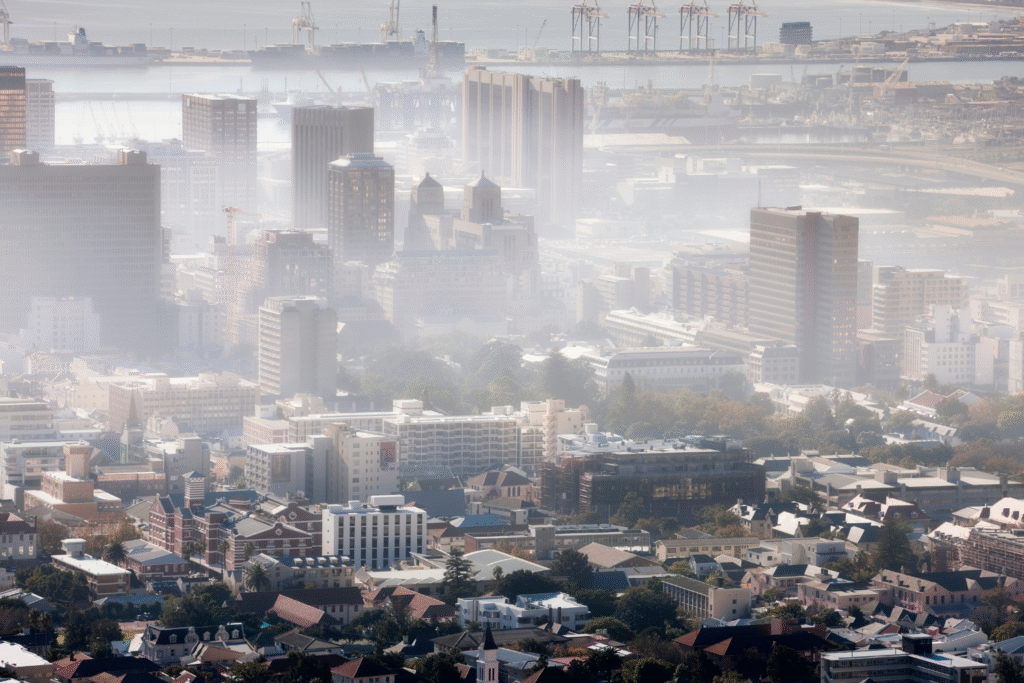
The city was out of compliance with federal ozone rules before xAI arrived, but now the situation looks more fragile. Shelby County has some of the state’s highest asthma rates, and smog-forming pollution only intensifies that crisis. Scientists argue that even small increases in nitrogen oxides compound the burden. Residents say bad air days arrive faster, with children coughing through recess and seniors struggling during heatwaves. The addition of another major emitter tips the balance further against public health as reported by Inside Climate News. For many families, summer now feels like a season of warnings rather than relief.
3. Legal action mounts against Musk’s data center.

A coalition led by the NAACP and environmental attorneys issued notice of intent to sue xAI for violating the Clean Air Act. The complaint points to unpermitted turbines and unlawful emissions, making Memphis a national test case for how tech expansion collides with environmental law. As stated by the NAACP, the violations cut deepest in neighborhoods with fewer resources to fight back. Locals describe feeling caught between promises of progress and the reality of corporate secrecy. Court filings have turned their daily complaints into legal ammunition, and the case is now drawing federal eyes toward Tennessee.
4. Residents describe the air as heavier near the site.
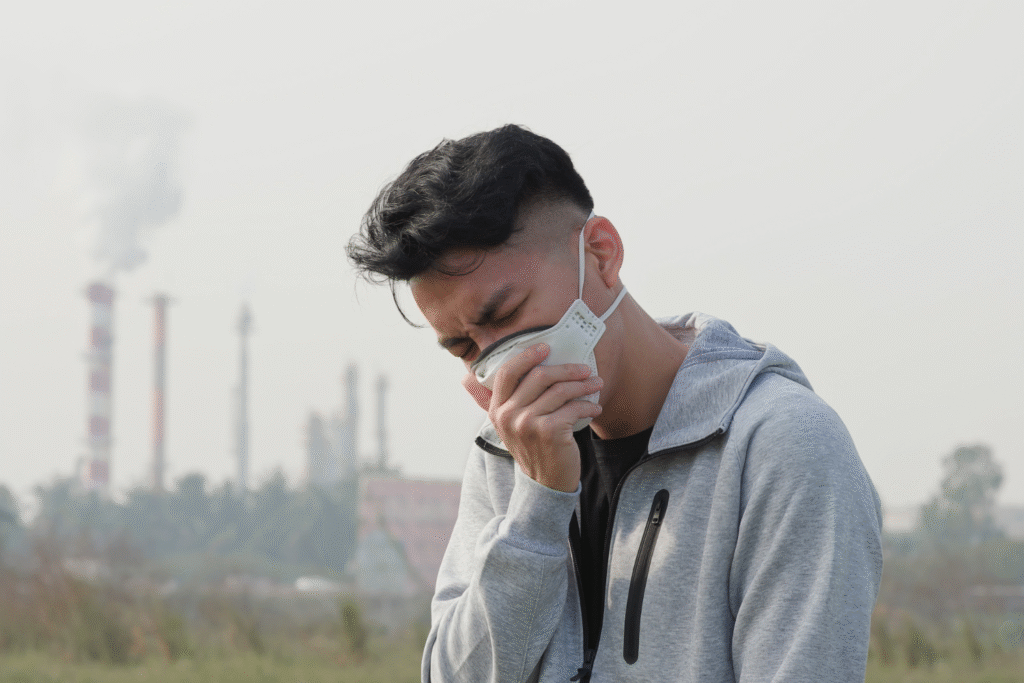
People living closest to the facility say the change is hard to miss. They talk about thicker air, lingering smells, and a sense of fatigue that wasn’t there before. Some families track their symptoms with journals, pointing to more frequent headaches, itchy eyes, and shortness of breath. Community meetings echo with stories that connect the dots between daily life and industrial expansion. What outsiders call “emissions” feels like something more intimate to those inhaling it. The lived experience has become a kind of evidence that reinforces what monitors and studies have already confirmed.
5. Water use raises new questions for Memphis.
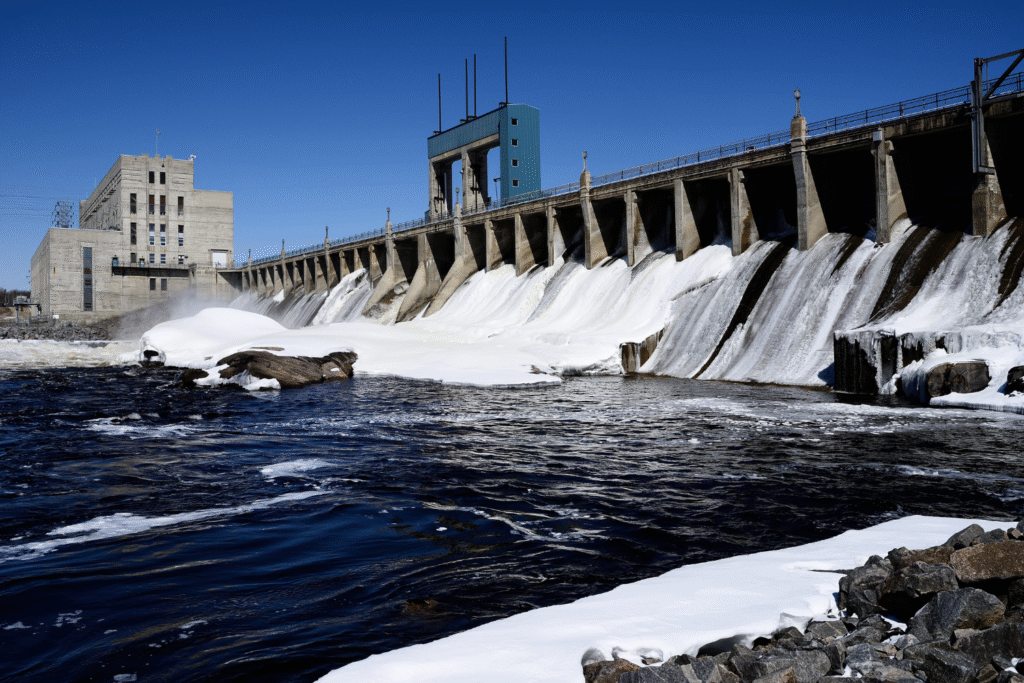
Cooling AI servers requires staggering amounts of water, and Memphis depends on one of the cleanest aquifers in the country. Environmental advocates worry about the strain as data centers pull millions of gallons each day. Neighbors voice fears about chemical leaks from cooling systems, wondering what might seep back into supplies. For a city that once boasted of abundant, safe drinking water, the idea of competing with an AI project feels surreal. It’s not just water at stake, but the trust that officials are prioritizing families over a billionaire’s latest ambition.
6. Local power grids strain under the demand.
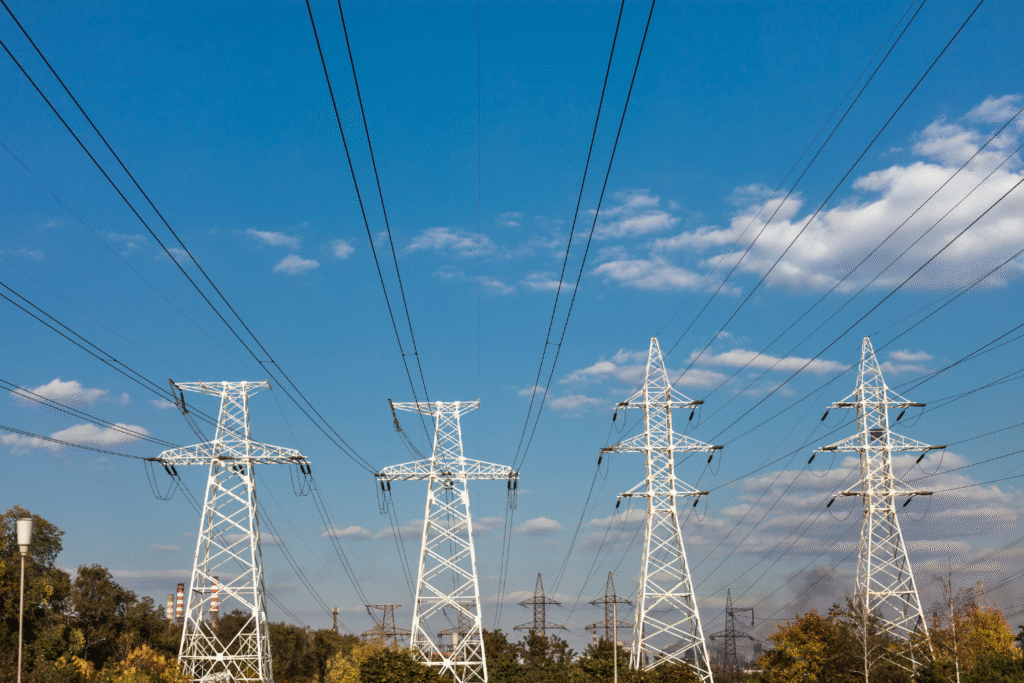
Utilities say xAI consumes electricity on a scale comparable to small towns. That level of demand forces trade-offs, especially during extreme weather. Memphis residents already remember the rolling blackouts of 2022 and now question whether another crisis is looming. The irony is not lost that renewable goals lag while fossil-fueled turbines feed artificial intelligence. Families juggling rising energy bills wonder why so much power is flowing into servers instead of homes. The infrastructure built to sustain a city is bending to serve machines, and that shift leaves human needs feeling secondary.
7. Health concerns echo through vulnerable communities.

Doctors across Shelby County see what statistics only hint at. Children arriving with more severe asthma attacks, seniors with aggravated breathing problems, and families pointing directly to the nearby plant as a trigger. For people in low-income neighborhoods, healthcare access is already a fragile thread. Adding more pollution tightens the pressure. Every trip to the ER or refill of an inhaler carries both a personal and financial cost. The story unfolding isn’t about abstract numbers—it’s about households struggling to balance survival with the shifting weight of industrial air.
8. Trust erodes as transparency remains absent.

Residents say they have few answers about what the turbines emit or how much water is consumed. Musk’s companies have built reputations on speed and disruption, but that same pace feels reckless when people’s health is in question. Community groups demand hard data, yet public disclosures remain thin. Lack of clarity becomes its own harm, breeding suspicion that the truth is worse than officials admit. In Memphis, secrecy doesn’t just undermine policy—it corrodes trust between neighbors, leaders, and the institutions meant to protect them.
9. Promises of jobs no longer calm the backlash.

When the data center was announced, boosters talked about opportunity and growth. Yet those promises have not matched the scale of what residents see. Jobs benefit a fraction, while emissions touch everyone. At neighborhood meetings, parents say no paycheck is worth the cost of their children’s health. The imbalance between private gain and public risk becomes sharper with each passing month. Economic development was meant to raise Memphis up, but many feel they’re paying for someone else’s future with their own lungs.
10. National attention pulls Memphis into the spotlight.
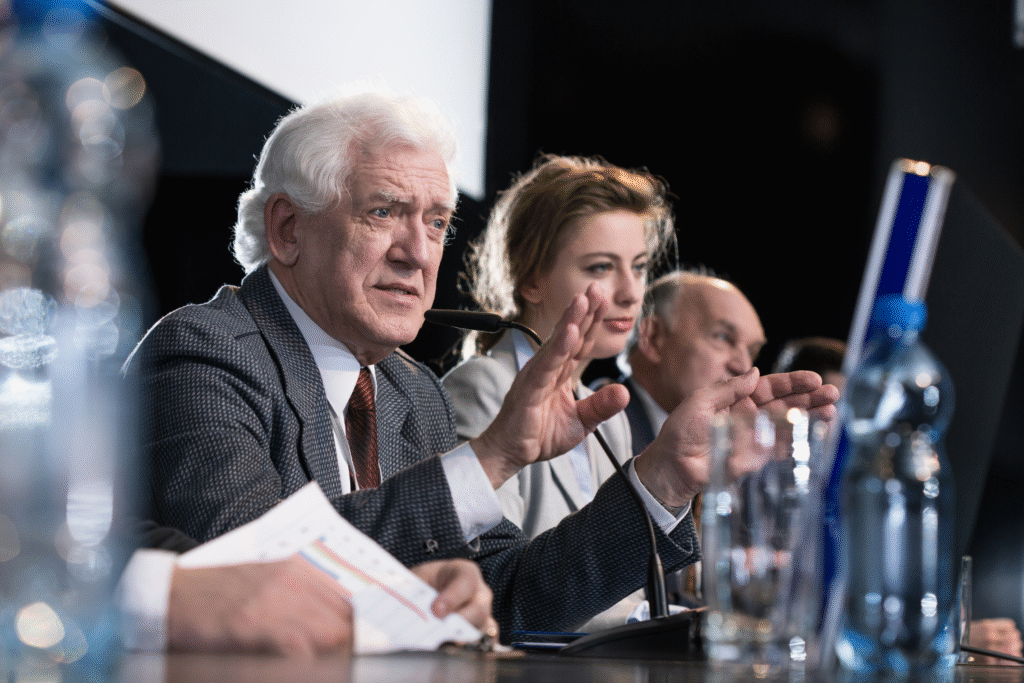
Coverage of the dispute has spread beyond Tennessee, with federal regulators facing questions about enforcement. The EPA may now be forced to weigh in on whether unchecked tech projects can rewrite local environmental rules. Politicians once eager to welcome Musk’s expansion now field tougher questions about oversight. The clash unfolding in Memphis has grown into a national conversation about what communities sacrifice for innovation. It is no longer just a local dispute but a case study in what happens when ambition outpaces accountability.
11. Tennessee must choose between progress and protection.

Memphis sits at a crossroads where AI’s global ambitions meet a city’s most basic needs. Residents want clean air, safe water, and reliable power, yet they are watching those essentials bend to corporate ambition. The conflict is not just about one facility but about the values that shape Tennessee’s future. Will the state define itself by unchecked growth or by the ability to protect its people first? The choice lingers in every breath near the turbines, carrying the weight of a decision that can no longer be delayed.
